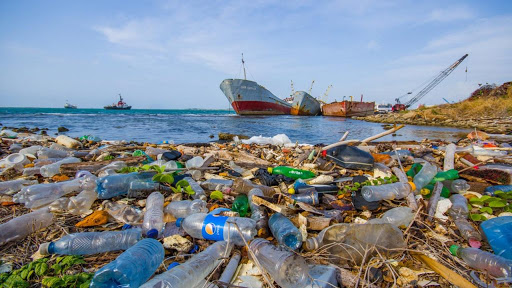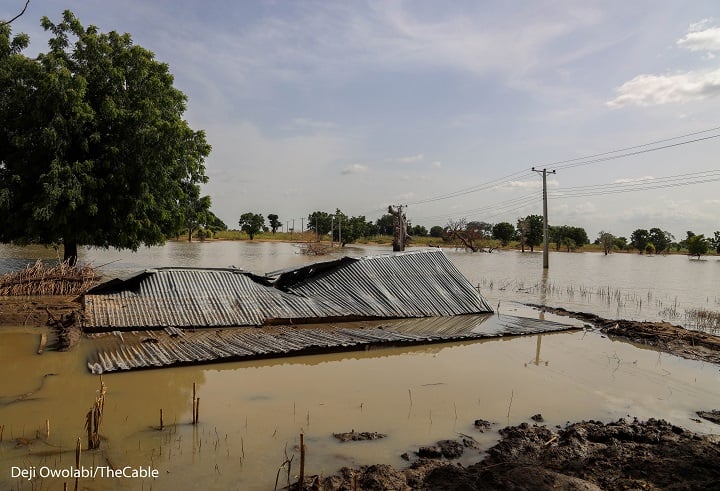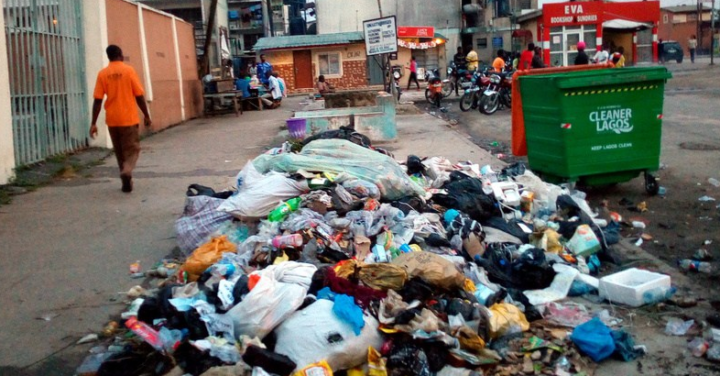Climate change: Five ways to reduce your plastic use
Scientists from the Swiss Federal Institute WSL have discovered microbes that can digest plastics at 15 degrees Celsius.
Microbes are tiny living things that are too small to be seen by the naked eye. They can be found in water, soil, and in the air.
In the research findings published in Frontiers in Microbiology on Wednesday, the scientists said microbes can survive in colder environments such as the Arctic and the Alps.
To arrive at the findings, the scientists sampled 19 strains of bacteria and 15 fungi growing on free-lying or intentionally buried plastic kept in the ground for one year in Greenland, Svalbard and Switzerland.
Advertisement
The process of breaking down plastics using microbial enzymes is said to be a “promising approach” that would help with recycling.
Joel Rüthi, a WSL scientist, said the discovery could help to reduce the burden of recycling.
“Here we show that novel microbial taxa obtained from the ‘plastisphere’ of alpine and arctic soils were able to break down biodegradable plastics at 15C. These organisms could help to reduce the costs and environmental burden of an enzymatic recycling process for plastic,” Rüthi said.
Advertisement
Beat Frey, one of the study authors, said: “Microbes have been shown to produce a wide variety of polymer-degrading enzymes involved in the breakdown of plant cell walls. In particular, plant-pathogenic fungi are often reported to biodegrade polyesters, because of their ability to produce cutinases, which target plastic polymers due to their resemblance to the plant polymer cutin.
“The next big challenge will be to identify the plastic-degrading enzymes produced by the microbial strains and to optimise the process to obtain large amounts of proteins. In addition, further modification of the enzymes might be needed to optimise properties such as protein stability.”
Annually, over 400 million tonnes of plastic waste is produced globally but only a tiny percentage is recycled.
While some scientists believe that microbial degradation could be a remedy, another school of thought fears that releasing large quantities of microorganisms into the environment could cause more issues than it solves.
Advertisement
Add a comment






